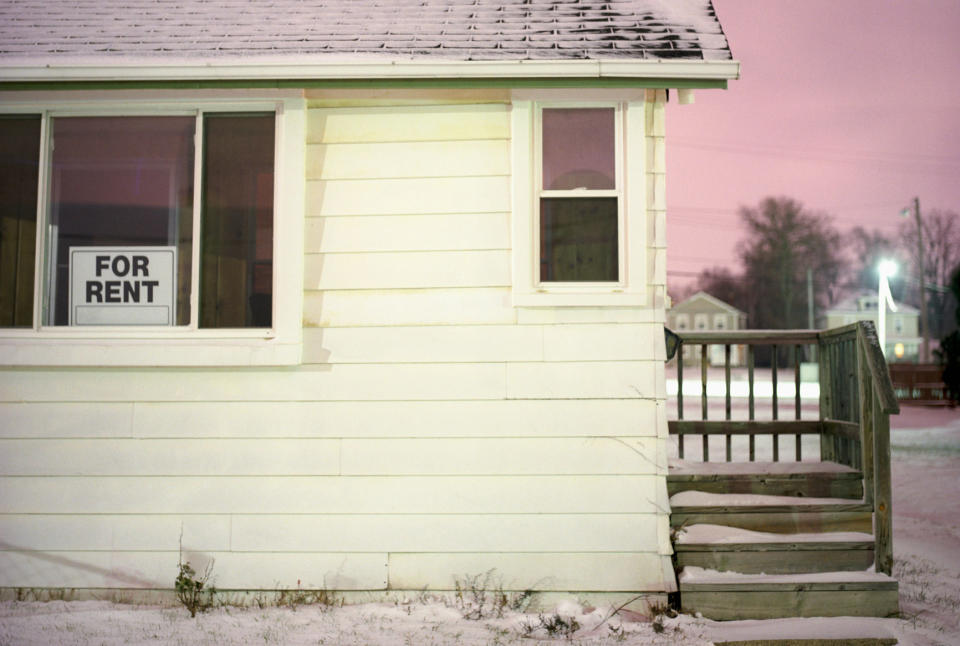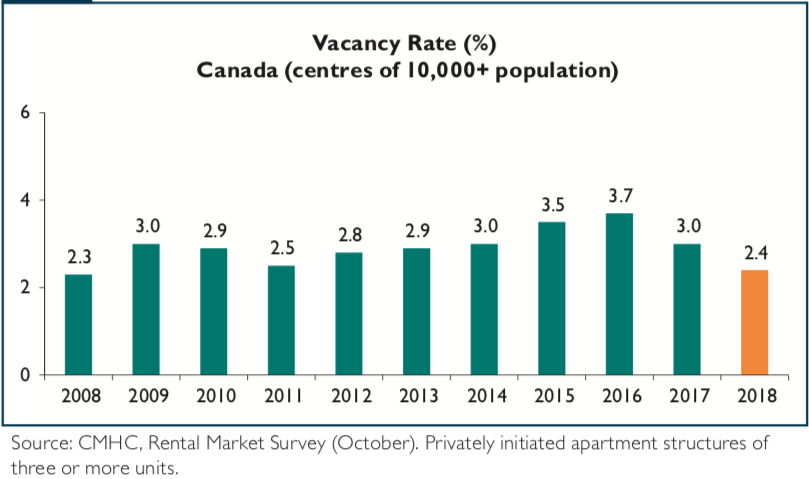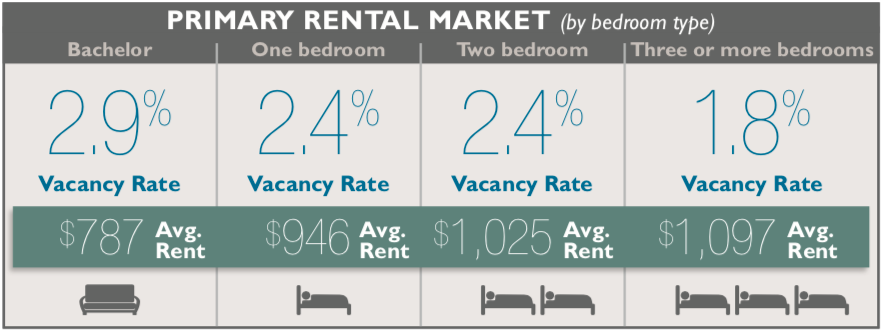More bad news for renters: fewer vacancies that are getting more expensive

Renters can’t seem to catch a break these days. There are fewer homes to go around and the cost to rent is going up.
“The decrease in the vacancy rate was attributable in part to a strong increase in international migration,” says Aled ab Iorwerth, CMHC’s deputy chief economist. “This factor, combined with the growth in youth employment and the aging of the population, drove up demand for rental housing.”
CMHC says the National vacancy rate fell for the second year in a row to 2.4 per cent, which is below the average of the last 10 years.

Three or more bedroom homes are the hardest to find, with a vacancy rate of 1.8 per cent. Bachelor apartments are the easiest, at 2.9 per cent.

CMHC says supply isn’t keeping up with demand. Purpose-built rental stock grew by 1.9 per cent, while the number of rented units grew by 2.6 per cent.
The rental market is particularly tough in Quebec, where the vacancy rate dropped from 3.4 per cent in 2017 to 2.3 per cent. A robust economy has helped young people rent a place of their own. Vacancy rates also fell in Alberta, and the Atlantic region. They increased slightly in Ontario, British Columbia, and Manitoba.
Renting getting more expensive
CMHC says the average rent is up 3.4 per cent to $987 a month. The largest increase for two-bedroom units was in British Columbia. Kelowna led the way with a 9.4 per cent jump. At $1,649 a month Vancouver is Canada’s most expensive city to rent.
Toronto is the second most expensive, at $1,467 a month. Ontario’s biggest rent increases were in Peterborough, at 7.6 per cent. The data could be much different next year, as the Ford government ends rent control on new units.

Without increased supply in most of the country’s markets, the situation isn’t likely to change. Especially since fewer people are moving out. CMCH says the turnover rate is down by about 1 per cent.
Download the Yahoo Finance app, available for Apple and Android.

 Yahoo Finance
Yahoo Finance 